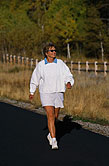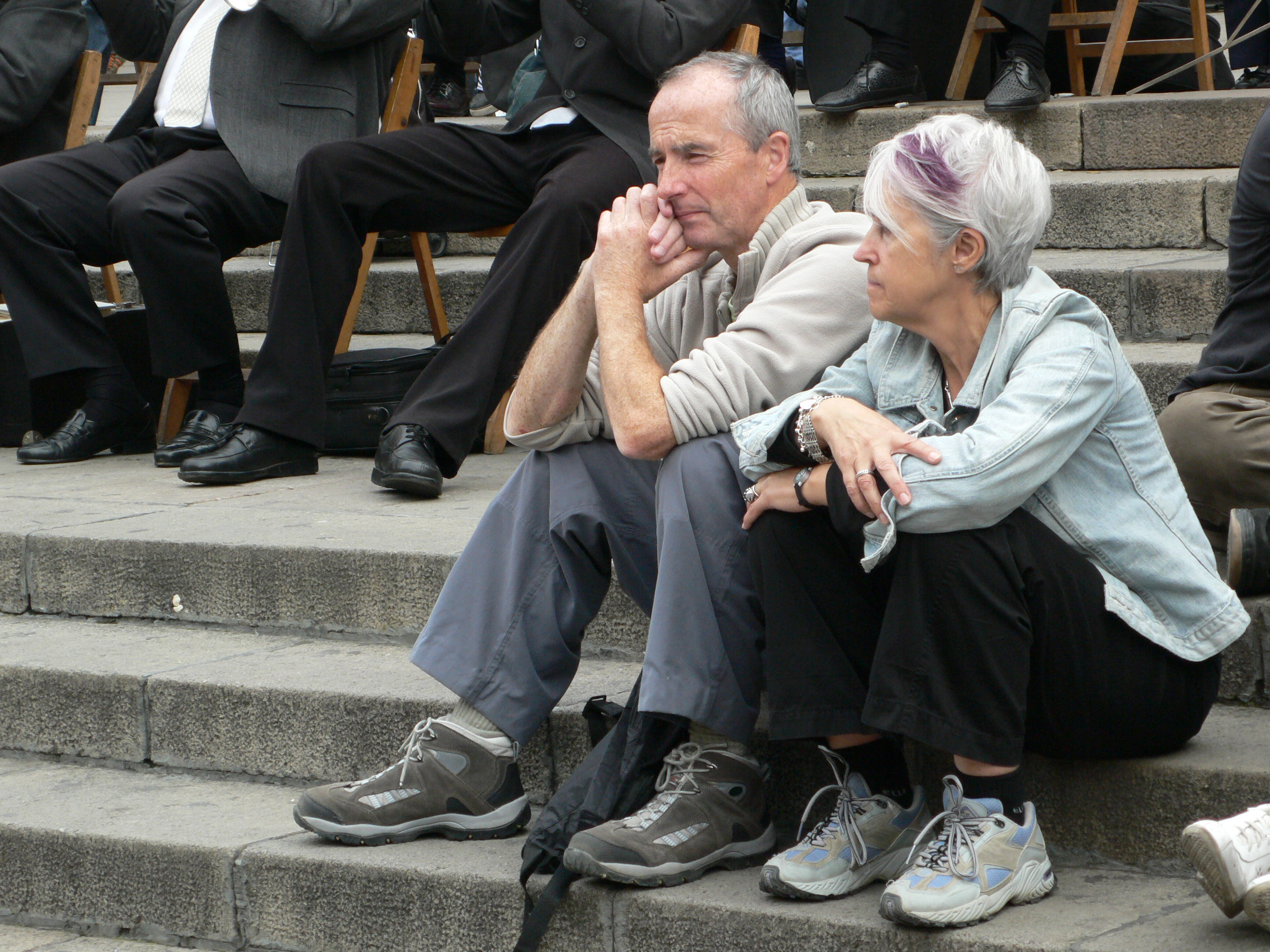
TUESDAY, Nov. 26, 2013 (HealthDay News) — A new study finds that exercise among older adults helps ward off depression, dementia and other health problems, such as heart disease, cancer and diabetes.
Exercise increased the odds of healthy aging as much as sevenfold, the researchers found. And apparently it’s never too late to start: Even adults who don’t begin exercising until they’re older could increase their odds of healthy aging threefold, the researchers said.
“In a growing elderly population, it is important to encourage healthy aging. Physical activity is effective in maintaining health in old age,” said lead researcher Mark Hamer, from the department of epidemiology and public health at University College London, in England.
“Encouraging physical activity in older adults is of benefit, and small changes are also linked to healthier aging,” he said.
The report was published online Nov. 25 in the British Journal of Sports Medicine.
Samantha Heller, a senior clinical nutritionist and exercise physiologist at NYU Langone Medical Center in New York City, said it’s well known that physical activity and exercise are good for you. “Regular exercise staves off chronic diseases like cancer, heart disease, diabetes and depression,” she said.
“What this study emphasizes is that the ‘I’m too old’ excuse doesn’t fly, because it is never too late to get your fanny off the couch and out the door for some exercise,” she said.
The benefits of exercise include better circulation and improved bone, muscle, cardiovascular and organ health. Even the brain benefits from regular exercise, which increases communication between neurons and slows the brain tissue loss associated with aging and mental decline, Heller said.
“The question we face now is, How do we motivate and support people of all ages to get moving and keep moving? There is an undeniable resistance among non-exercisers to the notion of motion,” Heller said. “On an individual level, we can gently insist that family and friends join us in regular walks, a dance or yoga class, a game of tag, or an exercise DVD.”
Partnering with someone is a real motivator, Heller said. “Give a session with a qualified personal trainer as a holiday gift; explore fitness-class offerings at the local YMCA or community or senior centers; or sign up for a charity walk, run or swim.”
For the study, Hamer and his colleagues collected data on nearly 3,500 people with an average age of 64 who took part in the English Longitudinal Study of Aging.
As part of the study, the participants reported their level of physical activity every two years between 2002-’03 and 2010-’11.
The researchers categorized the participants by how much exercise they did each week. There were those who were inactive, those who did moderate exercise and those who exercised vigorously.
In addition, the researchers kept track of serious health problems, such as heart disease, stroke, diabetes, emphysema and Alzheimer’s disease. They also monitored the participants’ mental health and physical.
Over eight years, almost one in 10 participants became active and 70 percent remained active. The others stayed inactive or became inactive.
By the end of the study, almost 40 percent of the participants developed a chronic medical condition, nearly 20 percent were depressed, 20 percent were mentally impaired and one-third had a disability.
One in five, however, was considered by the researchers to be a “healthy ager.” There was a direct association between healthy aging and exercise, the researchers said, although they did not prove a cause-and-effect link.
People who partook in moderate or vigorous physical activity at least once a week were three to four times more likely to be healthy agers, compared with those who remained inactive, the researchers found.
Moreover, people who were active at the start of the study were seven times more likely to be healthy agers than people who were inactive and remained so, the researchers found.
More information
For more on the benefits of exercise, visit the U.S. Centers for Disease Control and Prevention.
Copyright © 2026 HealthDay. All rights reserved.

